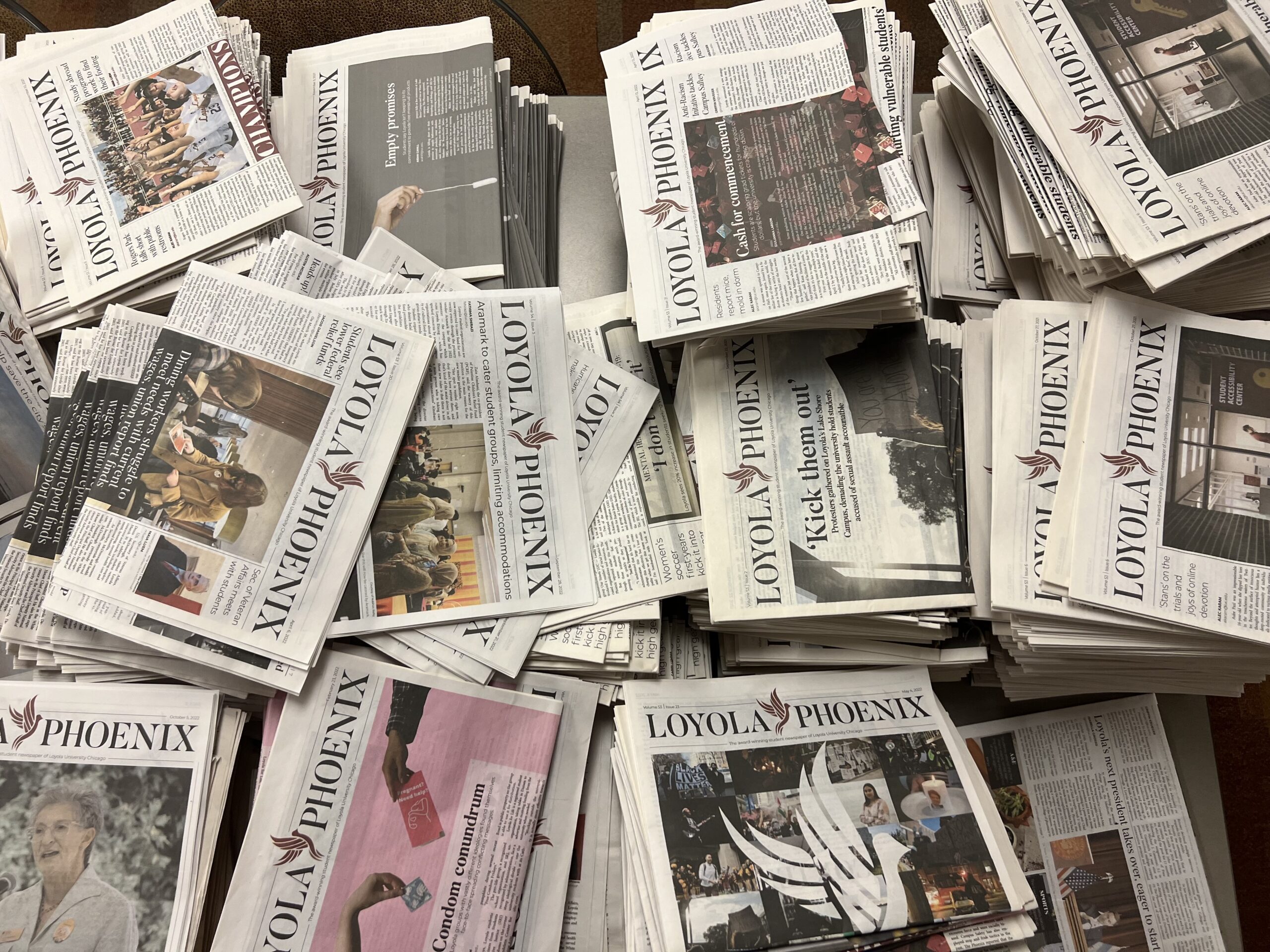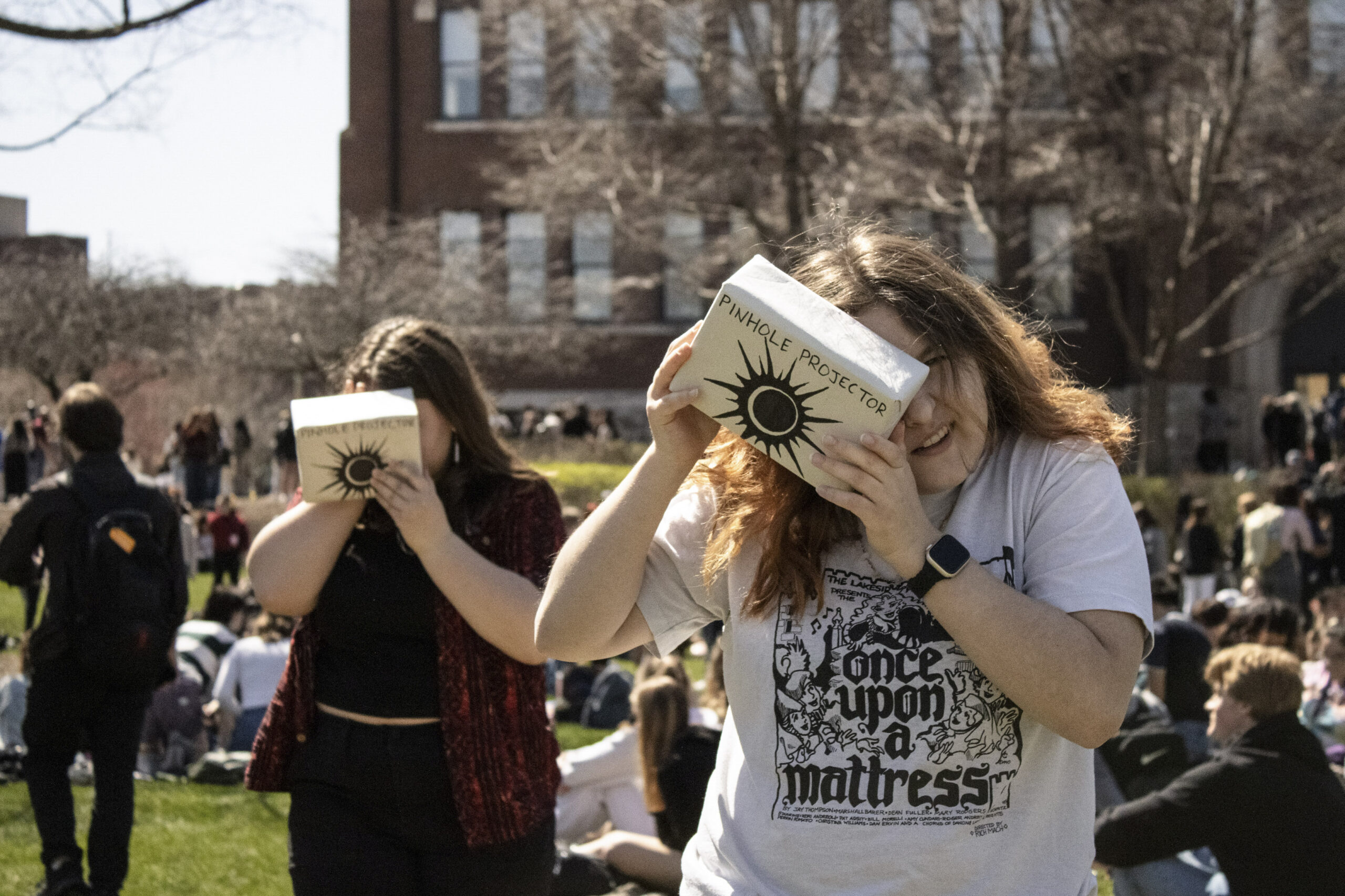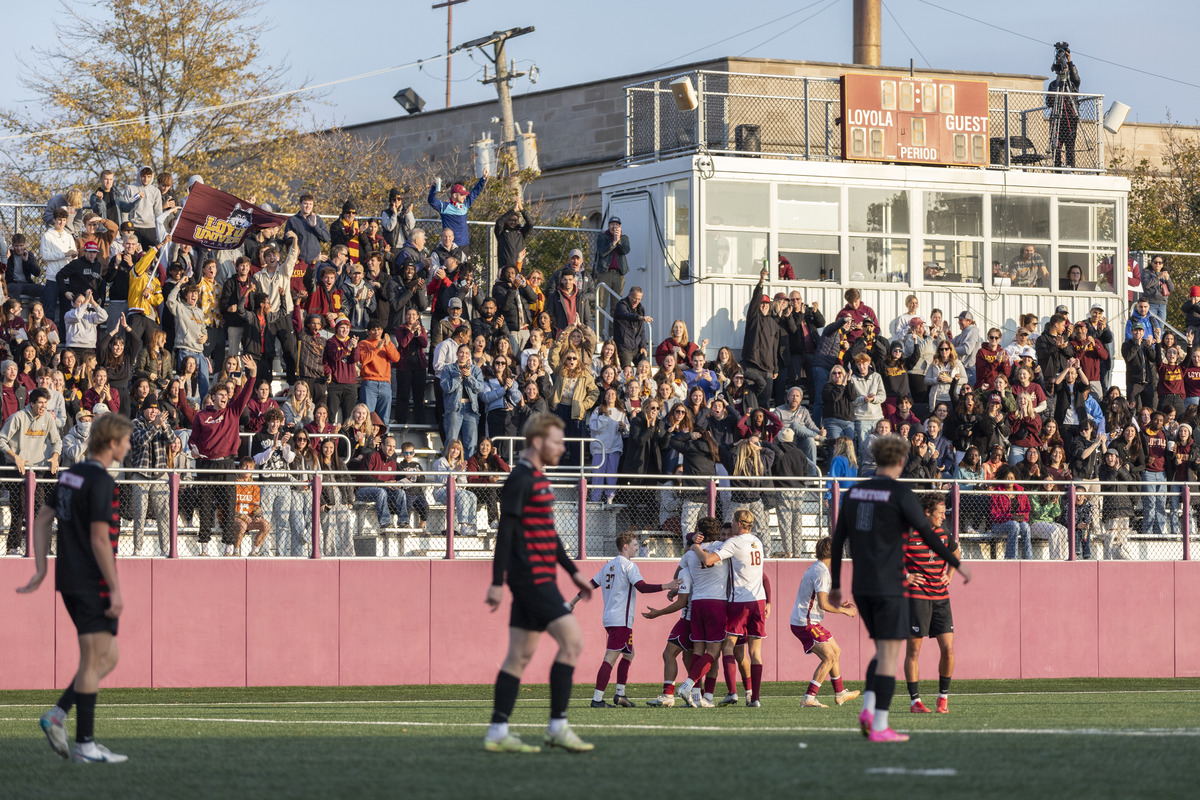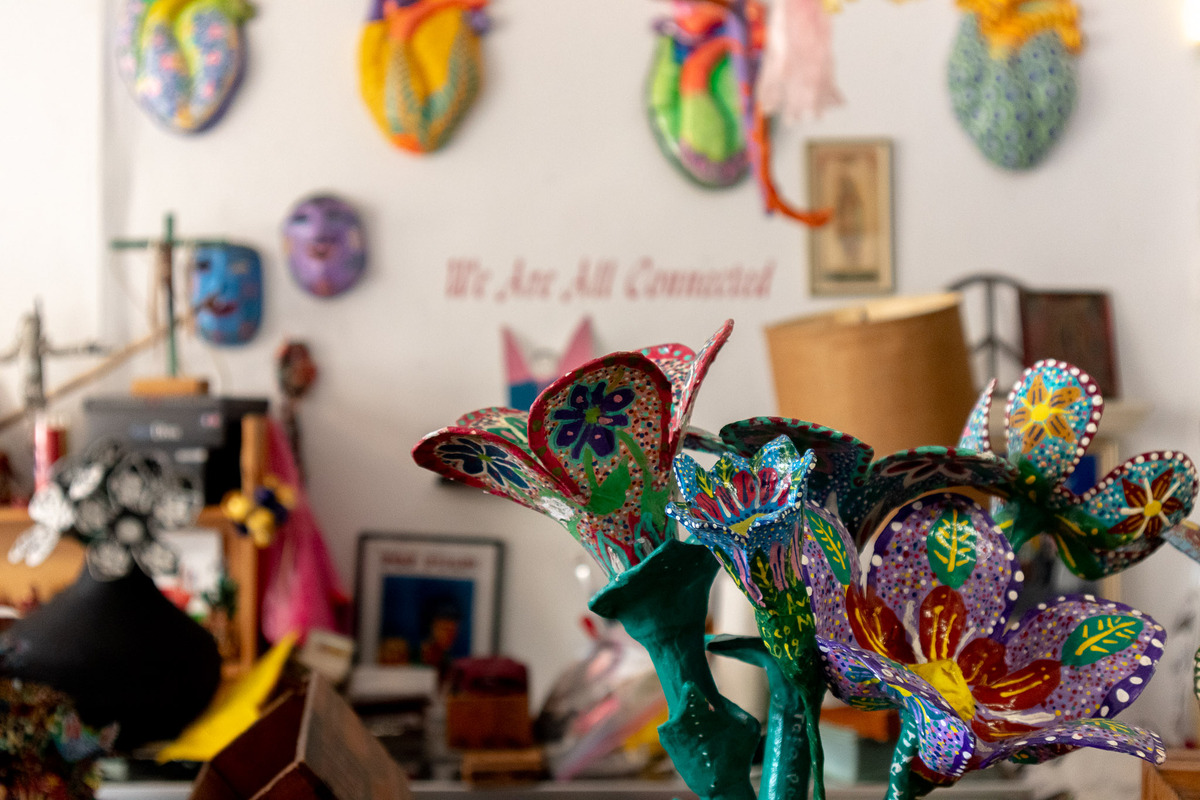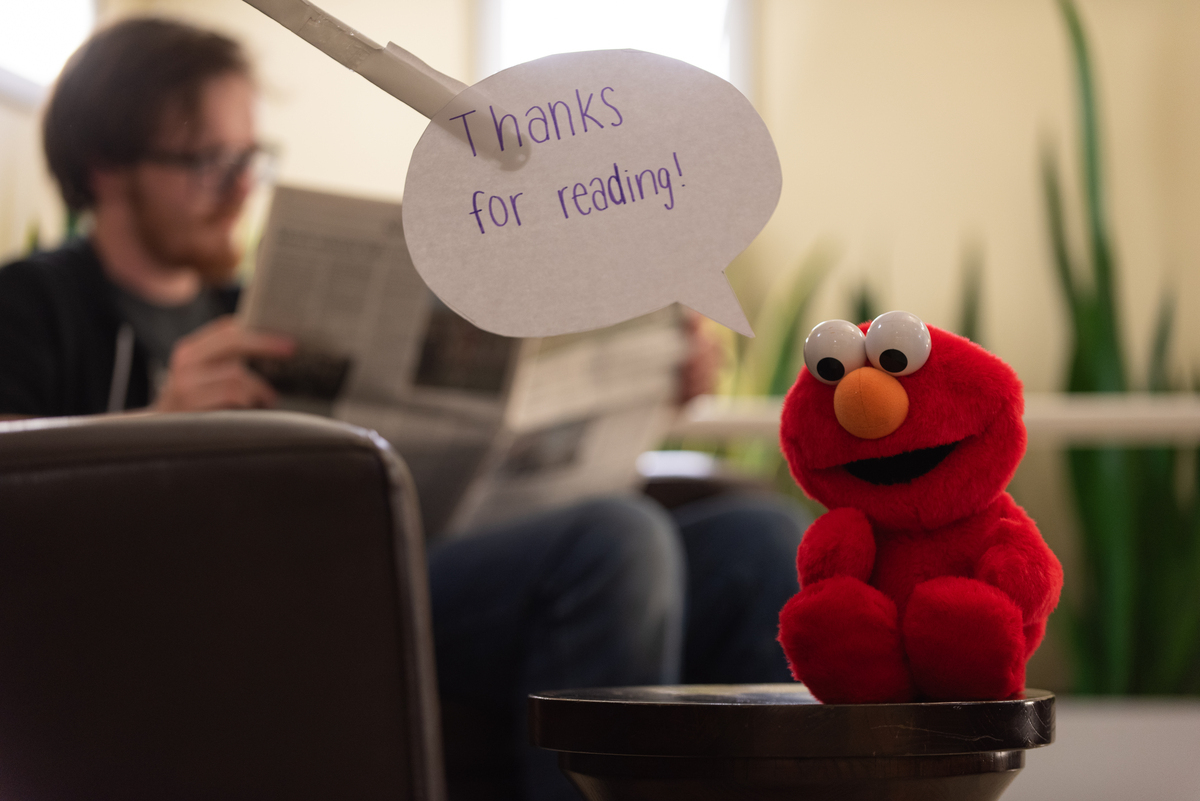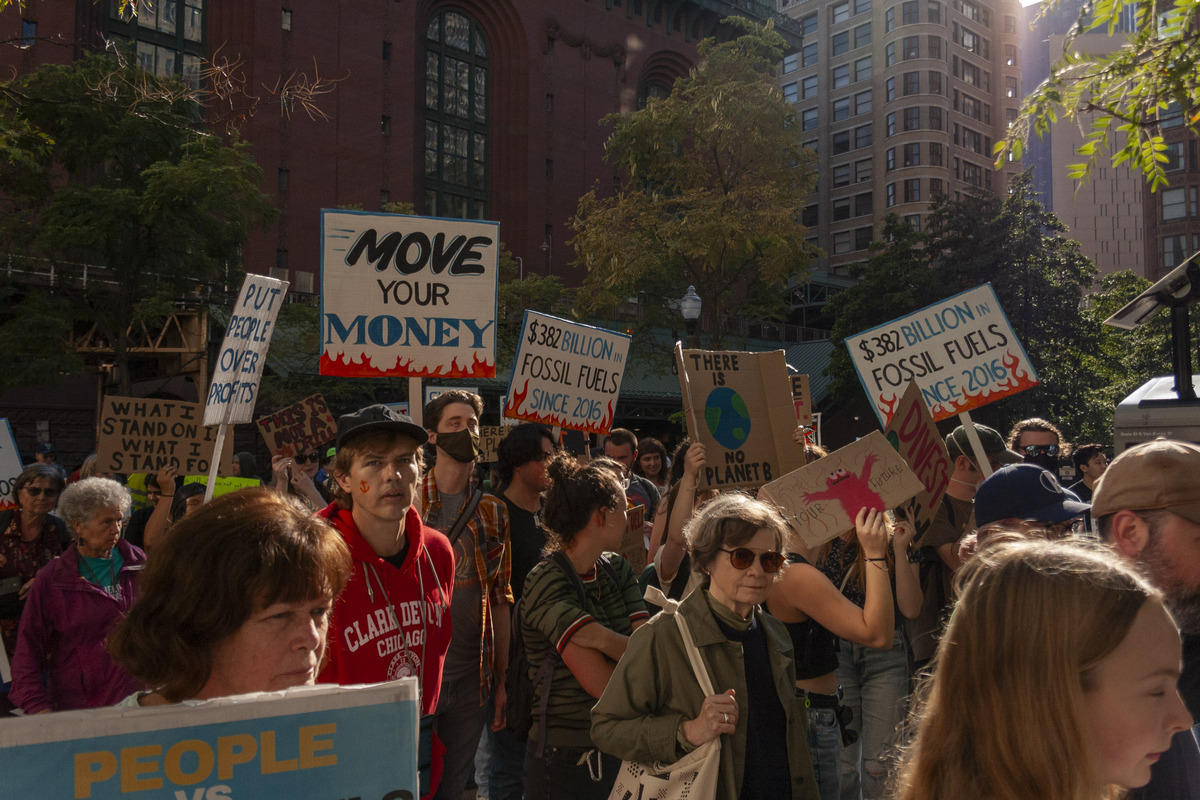Writer Matt Sorce discusses how female superheroes haven’t received the respect they deserve.
Female Superheroes Deserve the Same Justice They Serve
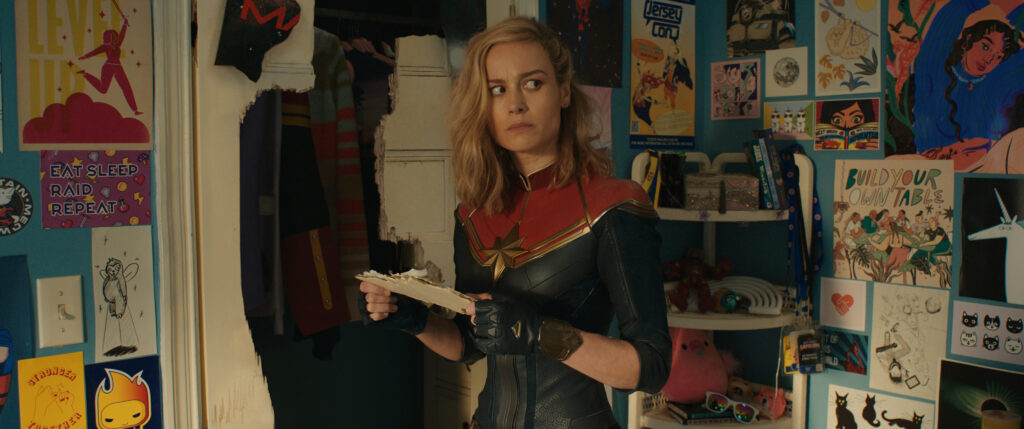
Superheroes have long dominated pop culture, embodying ideals of justice, courage and selflessness, inspiring millions worldwide.
With the primary surge in popularity since 2008’s “Iron Man,” these messages have slipped into the mainstream, with Marvel especially capitalizing on the market through the Marvel Cinematic Universe, according to Vanity Fair.
But rarely do these studios venture beyond the stories of men. And when they do, the films are often half-baked, poorly reviewed and underwhelming — but why?
Although I’ve distanced myself from the excessive amount of superhero media in the last few years, certain projects still pique my interest.
Before the trailer for “Madame Web” dropped in November, I was intrigued and planned to see the film. Then the trailer was released, and any semblance of excitement I had was exhausted.
It left me asking myself if I’d grown out of the genre or if there was some inherent flaw within it. I enjoyed recent Marvel projects like “Guardians of the Galaxy Vol. 3” and “Loki,” so clearly something else was going on.
In just the last decade, female superheroes have gotten the short end of the stick, starring in mediocre-to-bad films while their male counterparts are routinely praised — assuming the women even get their own movies.
Of the 33 films released as part of the MCU, only four are solely female-driven, accounting for about 12% of the entire cinematic universe, according to Screen Rant.
The neglect of women-guided MCU projects is unfortunately a deep-rooted historical imbalance. Historically, there have been far fewer female-led superhero movies than male ones.
This disparity, coupled with the current discourse around female-led projects being seen as “woke” or pushing an agenda, has created additional challenges for female heroes to establish themselves strongly in the public consciousness. This may contribute to lower audience interest or engagement.
Female characters like Captain Marvel — whose solo film is the 15th highest-grossing superhero movie of all time, according to IMDb — couldn’t even escape the well-documented media discrepancy.
Before the movie even debuted in 2019, trolls took to Rotten Tomatoes to “review bomb” the film — the practice of flooding forums with fake, low-rated scores, sometimes with racist or sexist intent, according to The Atlantic. This act forced the website to change its review rules, only allowing audience reviews to be published after a movie is released.
Despite its financial success, “Captain Marvel” sits with the lowest audience score of any MCU entry, according to Metacritic. Although it’s not entirely indicative of the film’s quality, it still highlights other issues plaguing women-led superhero movies.
When watching female superhero films, the characters are blatantly less developed and less complex compared to their male counterparts, making it harder for audiences to connect with them on a deeper level.
In “Captain Marvel,” the protagonist struggles to compete with her male mentor, later turned villain. Overcoming this obstacle should feel rewarding, but her success hinges on removing an inhibitor chip on her neck. Once freed from this limitation, she wields her powers with ease, meeting zero resistance in her subsequent appearances.
Having an overwhelmingly powerful character makes it hard for anyone to connect with the hero. However, Marvel accomplished this with the Scarlet Witch — my personal favorite on-screen superhero.
In “Avengers: Infinity War,” released in 2018, Scarlet Witch was a force to be reckoned with, easily destroying an infinity stone with her bare hands — an act that nearly kills Thanos in “Avengers: Endgame.”
Initially, Scarlet Witch’s relatable struggles and vulnerabilities humanized her, ensuring she was more than an all-powerful figure. However, these complexities were overshadowed over time by lousy writing.
I was thrilled when my favorite superhero finally got her own project, “WandaVision,” yet it had a negative effect on the character overall. The selfless heroine willing to sacrifice herself for the greater good was replaced by a character driven by personal desires, evident in her relationship with her boyfriend.
Regardless of quality, if you want someone to see your movie, you have to market it — and that doesn’t just mean commercials.
Films in the late 2010s like “Wonder Woman” and “Captain Marvel” were marketed as empowering and groundbreaking, focusing on the strength and importance of female protagonists. These campaigns resonated with audiences, as they’re the only two heroines in the top 25% of highest-earning superhero movies, according to IMDb.
When these films received sequels, they bombed at the box office, highlighting a novelty factor hidden in female superhero movies. While the first installment may benefit from the excitement surrounding a new female-led film, its sequel will struggle to maintain the same level of enthusiasm, suggesting a need for marketing strategies to evolve to keep audiences engaged beyond the initial excitement of a new hero.
Male superheroes are exempt from this, as they’ve rarely had to market themselves in the same way. Almost every superhero movie is already male-focused, so there’s nothing unconventional about them, making it a safe pick for anyone interested in the latest superhero film.
Before any cinematic universe debuted a female solo film, the woman heroes were treated as nothing more than eye candy. Even if the characters embodied superhero ideals, their abilities were overshadowed by skin-tight, sexualized suits.
When Black Widow was introduced to the MCU in 2010’s “Iron Man 2,” actress Scarlett Johansson criticized the character’s hyper-sexualization, noting she was “talked about like a possession,” according to The Guardian. By the time Black Widow received her solo movie in 2021, Johansson praised the film for not sexualizing any of the female characters — herself included.
It’s clear male-driven superheroes don’t need to appeal to specific demographics in their trailers, and they don’t need to be objectified to gauge audience interest. This pattern reveals a complex interplay between expectations, industry standards and the portrayal of women within the superhero genre.
While there’s arguably been progress in the representation of female superheroes, with characters like Nebula from “Guardians of the Galaxy” showcasing Marvel’s ability to write complex and compelling female characters, there’s still work needed to achieve gender equality in these films.
Feature image courtesy of Marvel Studios



